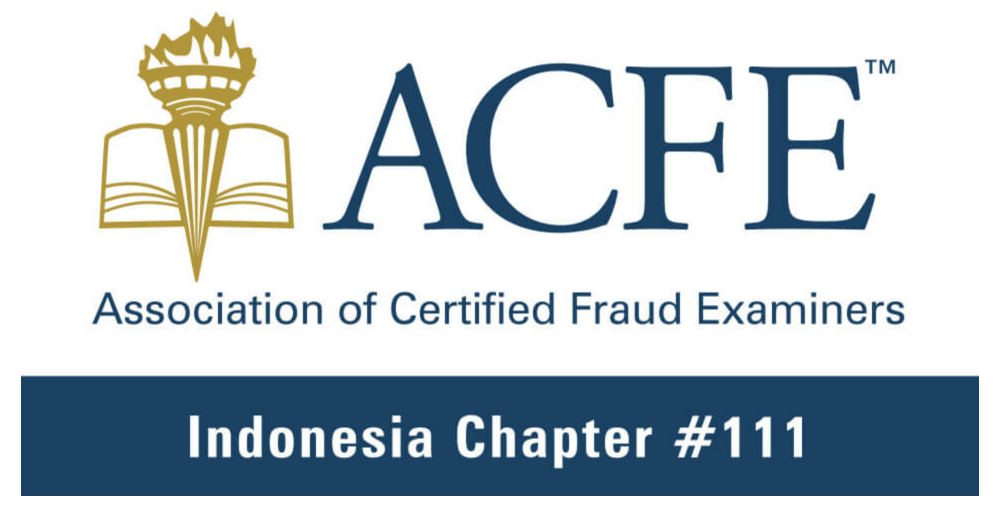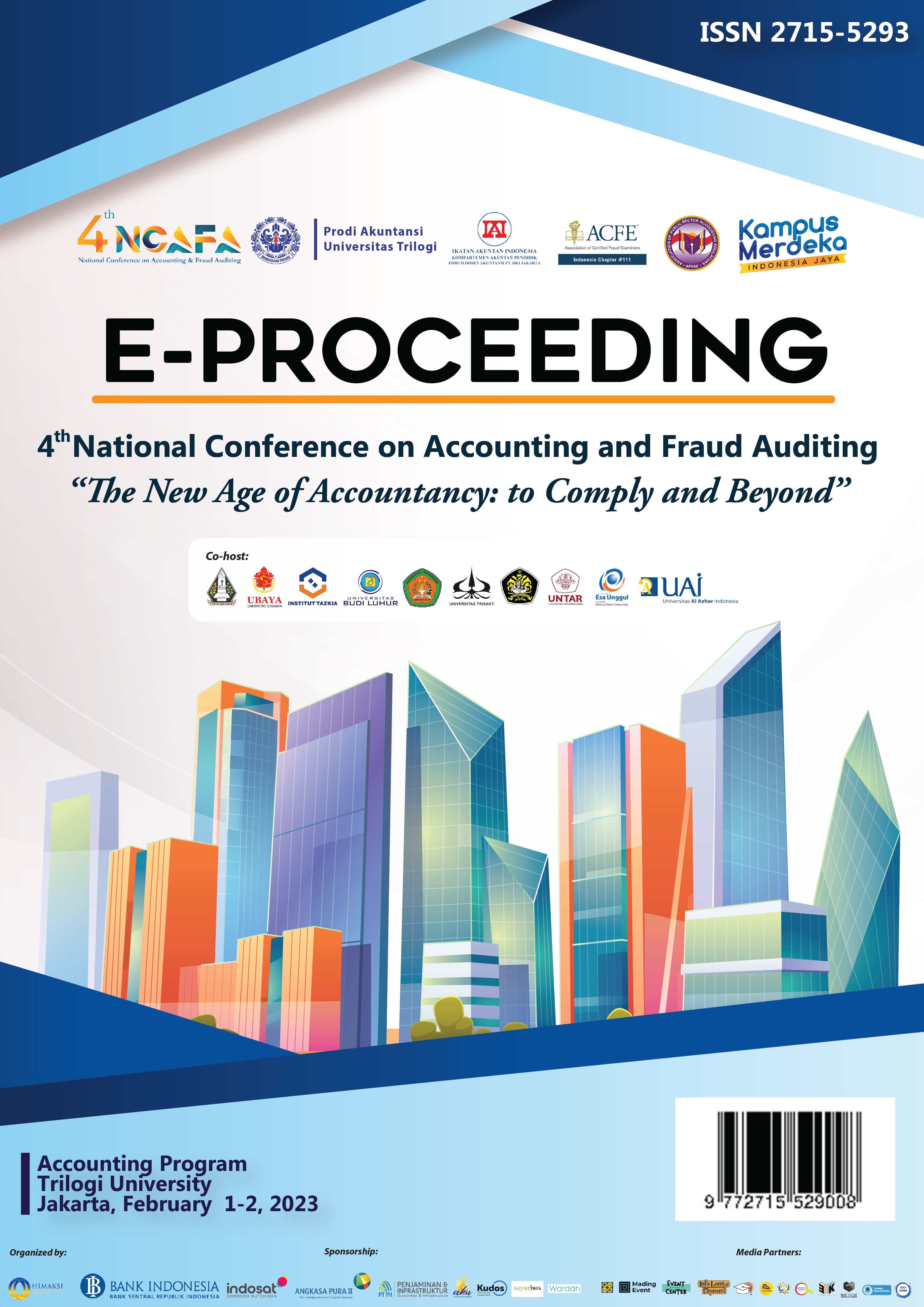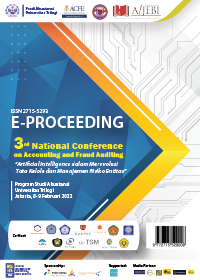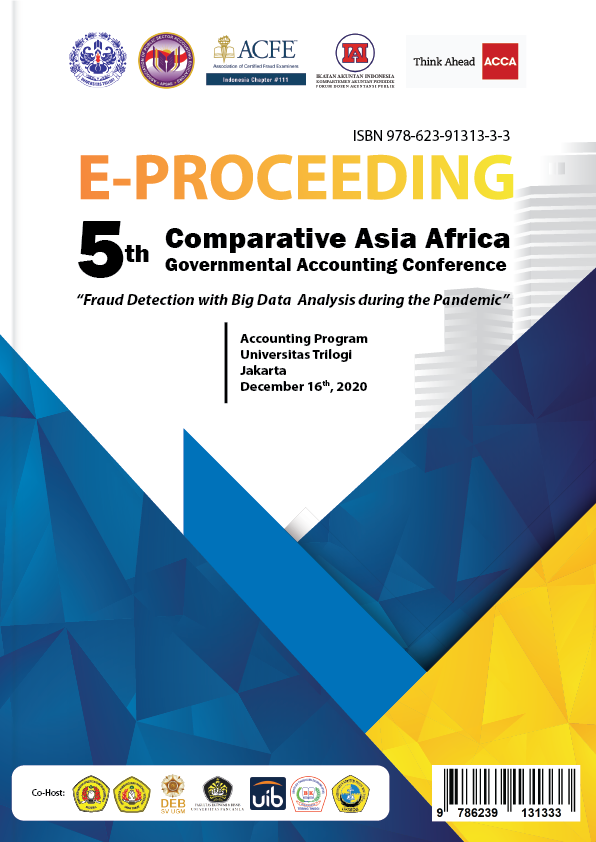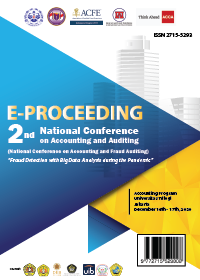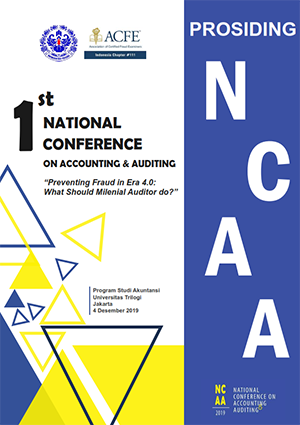Regulatory sanction to an audit firm: An analysis of client stock market reaction
Abstract
Regulatory compliance is a significant element of environmental security, the safeguarding of stable state revenues and the achievement of other key public objectives. Capital market effects of enforcement have received a lot of attention, but it has not been much reviewed and explored within the scope of Indonesian capital market. Specifically, this research aims to provide an in-depth review of the regulatory sanction imposed on a major audit firm in Indonesia and to analyze the impact of investor valuations by looking at the stock prices of each client company of the audit firm. We examine the stock market effects of the regulatory sanction imposed upon one of the Big Four auditors in Indonesia, namely KAP Tanubrata, Sutanto, Fahmi, Bambang & Rekan as a member of BDO International Limited for actions related to its audit of PT Garuda Indonesia (Persero) Tbk (Garuda Indonesia). The shares of 37 BDO auditees and 37 non-BDO auditees are analyzed and their respective cumulative abnormal returns (CAR) are calculated in order to observe their reaction upon the event, i.e. the imposition of sanction by regulator towards BDO. Two event windows are examined in our analysis - April 26th, 2019 is the date on which the issue was informally reported by the media/press and June 28th, 2019 is the date on which the regulator officially imposes its sanction. Using the event study methodology, we calculated the CAR and obtained results that showed significant differences in the CAR figures for BDO and non-BDO clients. Our findings suggest that a significant difference in the CARs of BDO and non-BDO clients only exists over a brief period of time, indicating a lack of major concerns for the case. Therefore, we see that BDO has no reputational loss in relation to the Garuda Indonesia case, both on informal and formal dates.
Keywords: stock market reaction, regulatory sanction, audit firm, auditor reputation, audit quality
Full Text:
PDFReferences
Armour, J., Mayer, C., & Polo, A. (2017). Regulatory Sanctions and Reputational Damage in Financial Markets.
Journal of Financial and Quantitative Analysis. https://doi.org/10.1017/S0022109017000461
Azzam, M., & Karlquist, J. (2008). Effects of Allegations of Corporate Misconduct on Share Value – A Study on
the Swedish Market. Stockholm School of Economics.
Barbera, C. de F., & Martinez, M. C. P. (2006). The Stock Market Reaction to the Enron-Andersen Affair in
Spain. International Journal of Auditing. https://doi.org/10.1111/j.1099-1123.2006.00266.x
Brocard, M., Franke, B., & Voeller, D. (2018). Enforcement Actions and Auditor Changes. European
Accounting Review. https://doi.org/10.1080/09638180.2017.1307130
Chen, G., Firth, M., Gao, D. N., & Rui, O. M. (2005). Is China’s securities regulatory agency a toothless tiger?
Evidence from enforcement actions. Journal of Accounting and Public Policy.
https://doi.org/10.1016/j.jaccpubpol.2005.10.002
Dee, C. C., Lulseged, A., & Zhang, T. (2011). Client Stock Market Reaction to PCAOB Sanctions Against a Big
Auditor. Contemporary Accounting Research, 28(1), 263–291. https://doi.org/10.1111/j.1911-
2010.01044.x
Fama, E. F. (1970). Efficient Capital Markets: A Review of Theory and Empirical Work. The Journal of
Finance. https://doi.org/10.2307/2325486
Frendy, & Hu, D. (2014). Japanese stock market reaction to announcements of news affecting auditors’
reputation: The case of the Olympus fraud. Journal of Contemporary Accounting and Economics.
https://doi.org/10.1016/j.jcae.2014.08.004
Hartono, J. (2010). Teori Portofolio dan Analisis Investasi (Edisi Sepuluh). In Yogyakarta: BPFE.
Jeng, J.-L. (2015). Analyzing Event Statistics in Corporate Finance. In Analyzing Event Statistics in Corporate
Finance. https://doi.org/10.1057/9781137491602
Karpoff, J. M. (2012). Does reputation work to discipline corporate misconduct? The Oxford Handbook of
Corporate Reputation.
Kirat, T., & Rezaee, A. (2019). How stock markets react to regulatory sanctions? Evidence from France.
Applied Economics. https://doi.org/10.1080/00036846.2019.1644443
Krishnamurthy, S., Zhou, J., & Zhou, N. (2006). Auditor Reputation, Auditor Independence, and the StockMarket Impact of Andersen’s Indictment on Its Client Firms. Contemporary Accounting Research.
https://doi.org/10.1506/14p1-5qrr-1naf-3ce1
Murphy, D. L., Shrieves, R. E., & Tibbs, S. L. (2009). Understanding the penalties associated with corporate
misconduct: An empirical examination of earnings and risk. Journal of Financial and Quantitative
Analysis. https://doi.org/10.1017/S0022109009090036
Numata, S., & Takeda, F. (2010). Stock market reactions to audit failure in Japan: The case of Kanebo and
ChuoAoyama. International Journal of Accounting. https://doi.org/10.1016/j.intacc.2010.04.004
Pacini, C., & Hillison, W. (2003). Client-firm market reaction to regulatory action against a major accounting
firm. Journal of Economics and Finance. https://doi.org/10.1007/BF02761567
Rollins, T. P., & Bremser, W. G. (1997). The SEC’s enforcement actions against auditors: An auditor reputation
and institutional theory perspective. Critical Perspectives on Accounting.
https://doi.org/10.1006/cpac.1996.0106
Skinner, D. J., & Srinivasan, S. (2012). Audit quality and auditor reputation: Evidence from Japan. Accounting
Review. https://doi.org/10.2308/accr-50198
Soepriyanto, G., & Zudana, A. E. (2020). PCAOB Sanction and Client Stock Market Reactions : Evidence from
the Case of Ernst and Young Indonesia. Pertanika Journal of Social Sciences and Humanities, 28, 167–
Weber, J., Willenborg, M., & Zhang, J. (2008). Does auditor reputation matter? The case of KPMG Germany
and ComROAD AG. Journal of Accounting Research. https://doi.org/10.1111/j.1475-679X.2008.00298.x
Wetterlind Dörner, A. (2005). Stock market reactions to financial information. Journal of Human Resource
Costing & Accounting. https://doi.org/10.1108/14013380510645379
DOI: https://doi.org/10.31326/.v2i1.773
Refbacks
- There are currently no refbacks.


